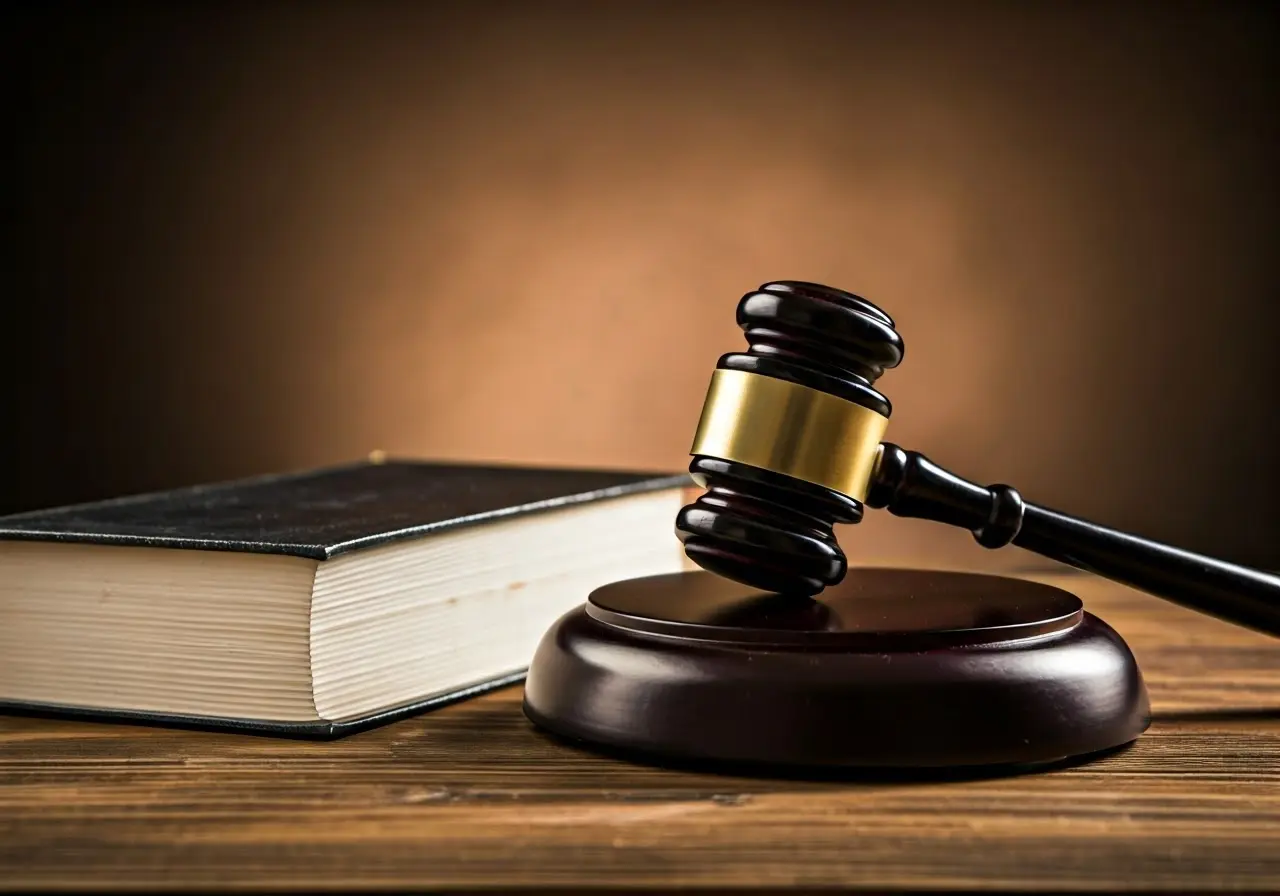Navigating the legal landscape can be daunting, but with the right knowledge, you can avoid unnecessary legal troubles. Here are insightful tips from an experienced criminal defence lawyer to help you stay on the right side of the law.
1. Know Your Rights
Understanding your basic rights can prevent many legal problems. Be informed about your rights related to arrests, searches, and interrogations. For example, you have the right to remain silent during a police interrogation, which is crucial to avoid self-incrimination.
Familiarize yourself with constitutional rights such as the Fourth Amendment, which protects against unreasonable searches and seizures. Knowing these rights can help you recognize when they are being violated, giving you the confidence to assert yourself in challenging situations.
Engage in community seminars or workshops that focus on citizens’ rights. Many legal aid organizations offer free educational resources that can empower you to guard your liberties more effectively. This allows you to stay updated with any changes in legislation that affect your rights.
2. Avoid Making Assumptions
Always seek clarification if you’re uncertain about the legality of an action or situation. Assumptions can lead to unintentional rule-breaking. For instance, assuming that laws about noise levels are the same everywhere can get you into trouble, especially in cities with strict ordinances.
Consult legal professionals when unsure. It’s always better to ask a lawyer before making a decision that could have legal repercussions. Legal consultations, even brief ones, can provide significant peace of mind and prevent costly mistakes.
When faced with legal documents, read them thoroughly instead of making assumptions based on the document’s title or purpose. This practice ensures that contractual obligations or legal responsibilities are fully understood and accepted.
3. Stay Calm if Confronted by Law Enforcement
Keeping a cool head during unexpected encounters can make a significant difference. Be polite and cooperative, but aware of your rights. This approach not only preserves your dignity but also sets the tone for a civil interaction.
Maintaining composure also gives you the opportunity to recall specific details of the encounter, which may be important for future legal reference. Remember, your behavior can influence the outcome of the situation significantly.
Practicing mindfulness techniques can aid in managing stress during law enforcement encounters. Simple techniques like deep breathing or mental counting can calm your nerves, helping you to think clearly and act appropriately under pressure.
4. Keep a Lawyer’s Contact Information Handy
Having quick access to legal advice can be crucial in emergencies. Ensure that you have a reliable criminal defence lawyer’s contact information readily available. This preparation can be the difference between timely legal intervention and unnecessary detainment.
Utilize digital solutions to store this information safely. Many legal firms have apps or contacts that you can save directly into your phone, ensuring quick retrieval when needed. Such resources are particularly valuable in high-pressure situations.
5. Be Cautious with Social Media
Think twice before posting online. What you share on social media can be used as evidence in legal proceedings, so always consider the potential consequences. For example, a seemingly innocent update could unintentionally imply guilt in an ongoing investigation.
Regularly review your privacy settings to control who can see your posts and interactions. Opting for stricter privacy settings can prevent unwanted individuals from accessing your personal information or misconstruing shared content.
6. Document Everything
Keeping records of important transactions and incidents can be invaluable if legal issues arise. Documentation provides evidence that can support your side of the story. Simple tools like mobile apps for note-taking or voice memos can aid in capturing essential details promptly.
Develop a habit of organizing your documents, whether digitally or physically, so you can easily retrieve them when necessary. A systematic filing system ensures that nothing important is lost or misfiled.
7. Understand the Laws in Your Area
Legal regulations can vary by location. Stay informed about local laws to ensure that you’re compliant with them. Subscribing to local government newsletters or following official social media channels can keep you updated on legislative changes.
Engage in neighborhood associations or local community forums where legal issues are discussed. These platforms often provide insights into common local legal challenges and how to address them effectively.
8. Avoid Unlicensed Activities
Engaging in activities that require a license or permit without obtaining one can lead to significant legal issues. This includes everything from operating a small business to hosting a large public gathering.
Research thoroughly before starting a new venture or activity. Understanding the necessary legal requirements and securing appropriate licenses can ensure that you’re operating within the bounds of the law.
9. Be Wary of Contracts and Agreements
Before signing any document, make sure you understand all the terms and conditions. Contracts can have long-lasting legal implications. Taking the time to read the fine print can prevent future disputes or misunderstandings.
Seek legal advice for complex agreements. A seasoned attorney can identify potential pitfalls in contract language that may not be apparent at first glance, offering you a safeguard against unintended obligations.
10. Mind Your Associates
The company you keep can impact your legal standing. Ensure that your associates are law-abiding to prevent being implicated in their unlawful actions. Associations with known offenders can inadvertently place you under scrutiny.
It’s equally vital to ensure transparency within your personal and professional circles. Maintain open communication lines to preemptively resolve misunderstandings that could lead to legal disputes.





